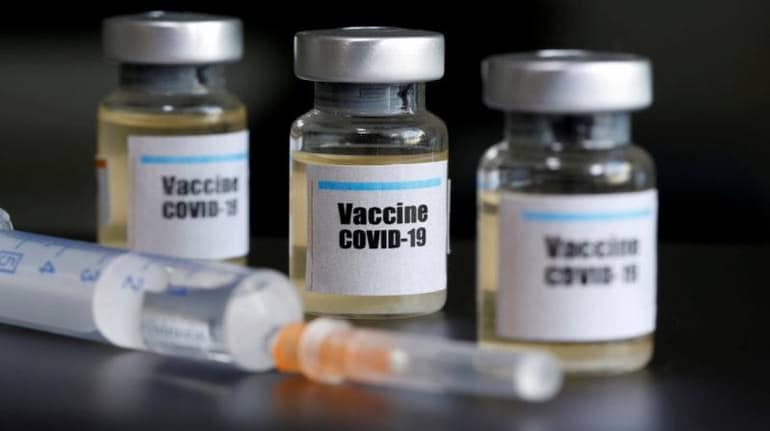



With the US pharma giant Moderna Inc claiming that its experimental vaccine was 94.5 percent effective in preventing COVID-19, it has become the second US firm after Pfizer Inc to release the late-stage trial results.
Stating that interim data from the late-stage clinical trial proved it's COVID-19 vaccine to be effective, Moderna's vaccine has exceeded the expectations and raised the bar for other pharma firms.
Moderna says its vaccine is 94.5% effective in preventing COVID-19
Here's a look at differences between COVID-19 vaccines by Moderna and Pfizer:
1) Effectiveness: While Pfizer and its partner BioNTech SE claimed that its COVID-19 shot is over 90 percent effective, Moderna claimed that its coronavirus vaccine is 94.5 effective.
2) Side-effects: Moderna in its claim said the side-effects of the vaccine were short-lived, and that no significant safety concerns were reported, Bloomberg reported. Pfizer Chairman and CEO Dr Albert Bourla had not said anything specific about the side-effects.
3) Commonness: Both Moderna and Pfizer's vaccines rely on a technology called messenger RNA. This has not been used till now to develop an approved vaccine.
The approach is designed to transform the human body’s own cells into vaccine-making factories. The vaccines instruct cells to make copies of the spike protein of the novel coronavirus, stimulating the creation of protective antibodies, Bloomberg said.
4) Financial assistance: Though Pfizer didn’t receive any federal funding to develop its vaccine, its partner BioNTech received the German government's assistance of 375 million euros ($444 million). The pharma firm has inked a deal with the US administration for supply agreement of nearly $2 billion.
Meanwhile, Moderna has received financial assistance from the US Operation Warp Speed programme, and the US administration has agreed to purchase Moderna vaccine for up to $1.53 billion.
5) Storage and distribution: Unlike Pfizer's COVID-19 shot, Moderna has pointed out that its vaccine is stable at refrigerator temperatures for 30 days. Moderna even claimed that its vaccine doesn't need special facilities like Pfizer, which has said its COVID-19 shot must be stored ultra-cold until a few days before it is used.
6) Shipment: While Pfizer and BioNTech are yet to announce details which country will get their vaccine, Moderna has already reached agreements to supply 100 million doses to the US and 80 million to the European Union.
7) Dateline for deployment: As per reports, both Moderna and Pfizer are expected to seek emergency-use authorization from the US Food and Drug Administration. While Moderna could seek clearance from regulators in the coming weeks, Pfizer expects to get two months of safety follow-up data in the third week in November. If all goes well, Pfizer could apply for an authorization in the US this month, Bloomberg added.
8) Road ahead/challenges: Despite the claims by both the firms of COVID-19 vaccine's effectiveness, concerns on long protection from virus and people volunteering for vaccination remain at large. Increasing production, availability, and distribution are other key concerns.
Discover the latest Business News, Sensex, and Nifty updates. Obtain Personal Finance insights, tax queries, and expert opinions on Moneycontrol or download the Moneycontrol App to stay updated!
Find the best of Al News in one place, specially curated for you every weekend.
Stay on top of the latest tech trends and biggest startup news.